See how we Work
Read get the Idea Behind our Action and Find out about our work
Our Approach
We strive for cultural and contextual sensitivity and act according to needs, resources and goals of the communities we work with. We orient our actions on research findings and international guidelines. Participation and the obligation to respect human rights have top priority.
Our Works
Economic Growth
Action Against Poverty (AAP) plays a critical role in promoting economic growth in Puntland, with plans to extend its impact across greater Somalia. By conducting statistical activities such as tracking GDP, analyzing standards of living, and producing comprehensive reports on the economic conditions of the region, AAP aims to provide valuable data that can inform policy decisions and drive development. A key focus of these efforts is raising awareness about the various factors that contribute to economic growth, such as infrastructure development, investment in technology, and fostering entrepreneurship. By creating a deeper understanding of economic dynamics, AAP seeks to unite stakeholders—governments, businesses, and communities—in the fight to alleviate, reduce, and ultimately eradicate poverty. A growing economy creates jobs, increases income levels, and improves access to essential services, all of which are crucial steps toward poverty eradication.

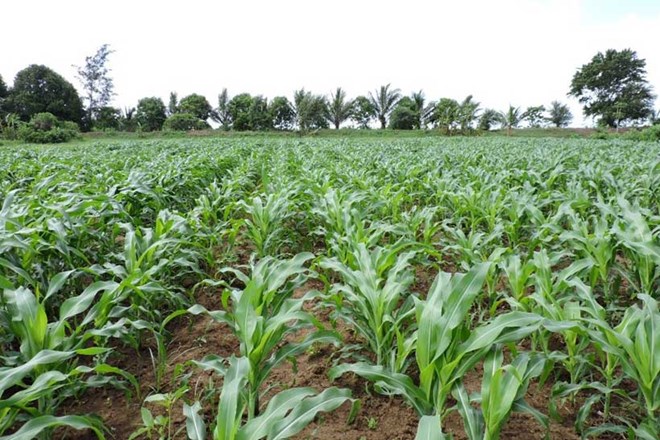
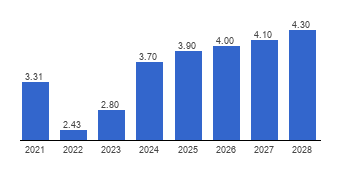
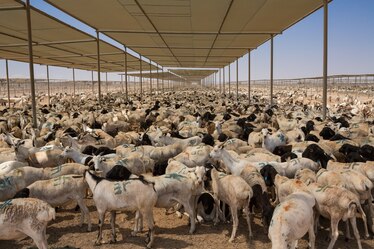
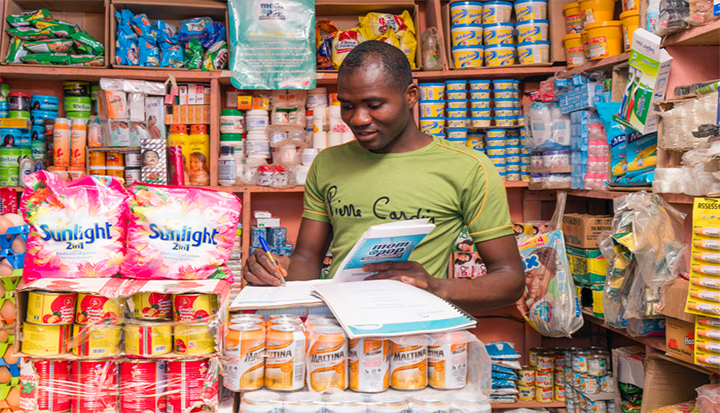

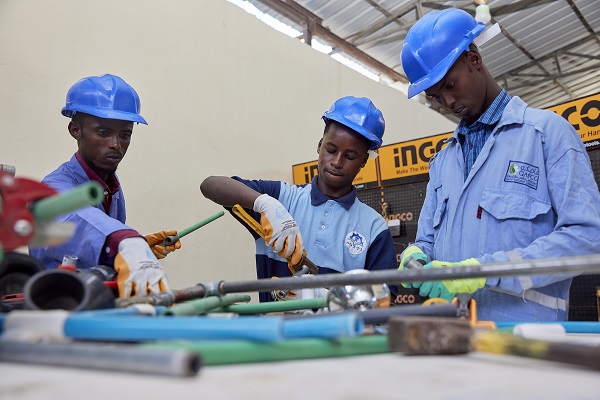

Livelihoods Improvement
AAP is dedicated to improving the livelihoods of vulnerable populations in Somalia by expanding opportunities for economic self-sufficiency. The organization prioritizes sectors such as fishing, agriculture, water supply, vocational training, domestic products, and computer literacy. These sectors are vital for increasing income and creating sustainable job opportunities in local communities. By focusing on equal access for vulnerable groups—including internally displaced persons (IDPs), refugees, and asylum seekers—AAP aims to ensure that marginalized populations can participate in these livelihood activities. Fishing and agriculture are key industries in Somalia, and enhancing skills and resources in these areas can boost food security and local economies. Providing vocational training equips individuals with marketable skills, creating new avenues for employment. These initiatives contribute to poverty reduction by enabling people to earn a living, build assets, and achieve financial independence.
Education
AAP recognizes education as a powerful tool for breaking the cycle of poverty in Somalia. A well-educated workforce is more likely to secure higher-paying jobs, thereby improving the standard of living for families and communities. AAP focuses on ensuring equal access to education for boys, girls, men, and women across all regions, particularly in vulnerable and underserved areas. The organization is committed to providing skilled teachers, establishing elementary schools, and offering job training programs in technical fields such as electricity and carpentry. These efforts not only enhance educational outcomes but also create pathways to employment for those with practical, in-demand skills. By investing in education, AAP helps individuals unlock their potential, secure better livelihoods, and contribute to the broader economic development of Somalia.
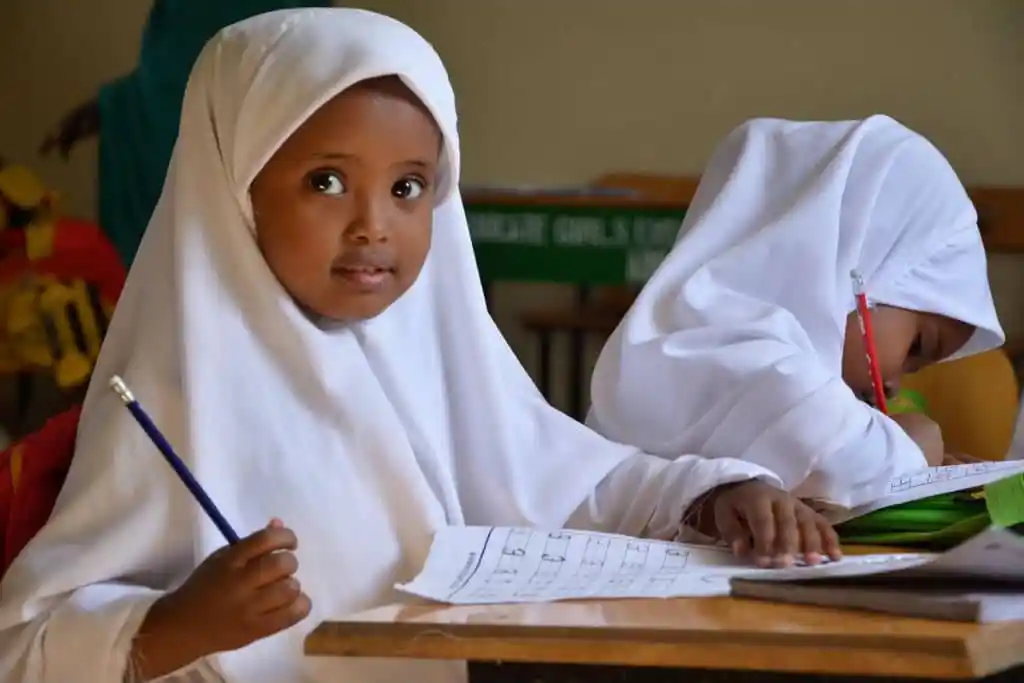
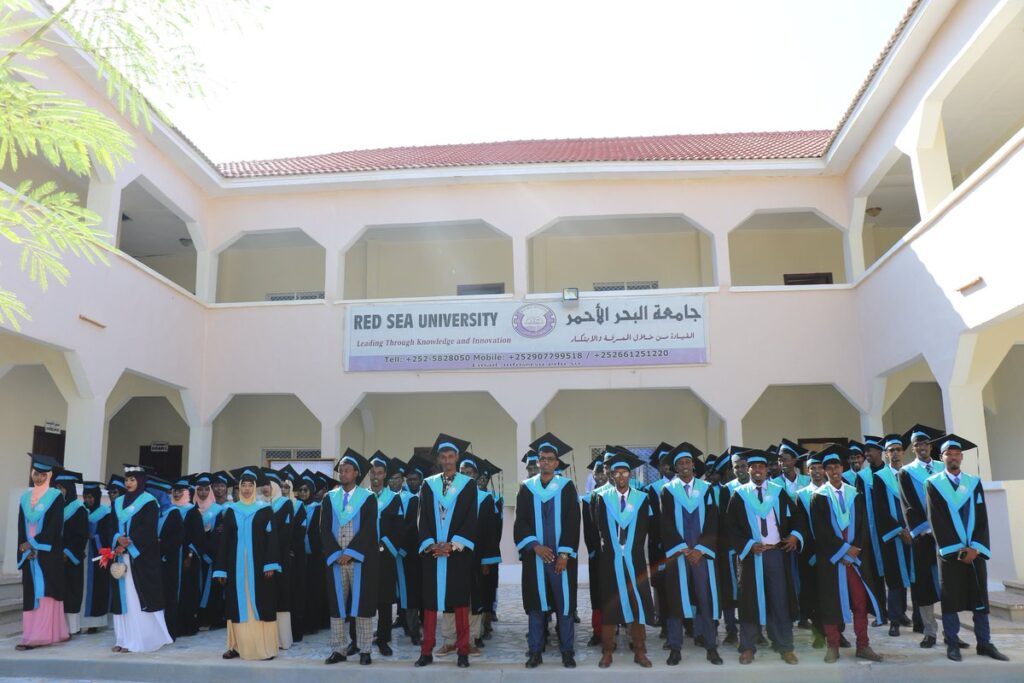
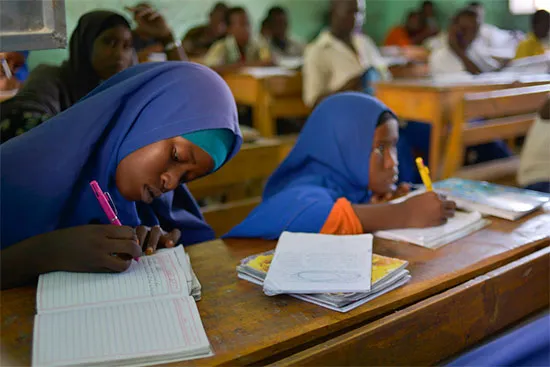

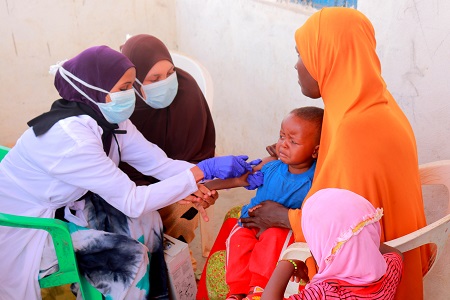
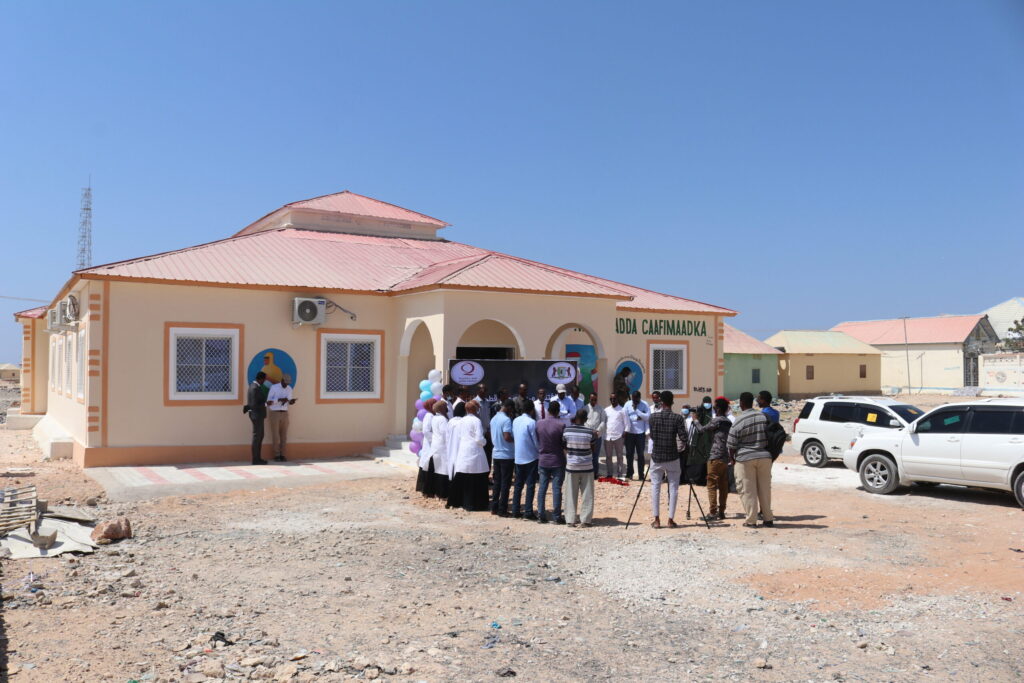
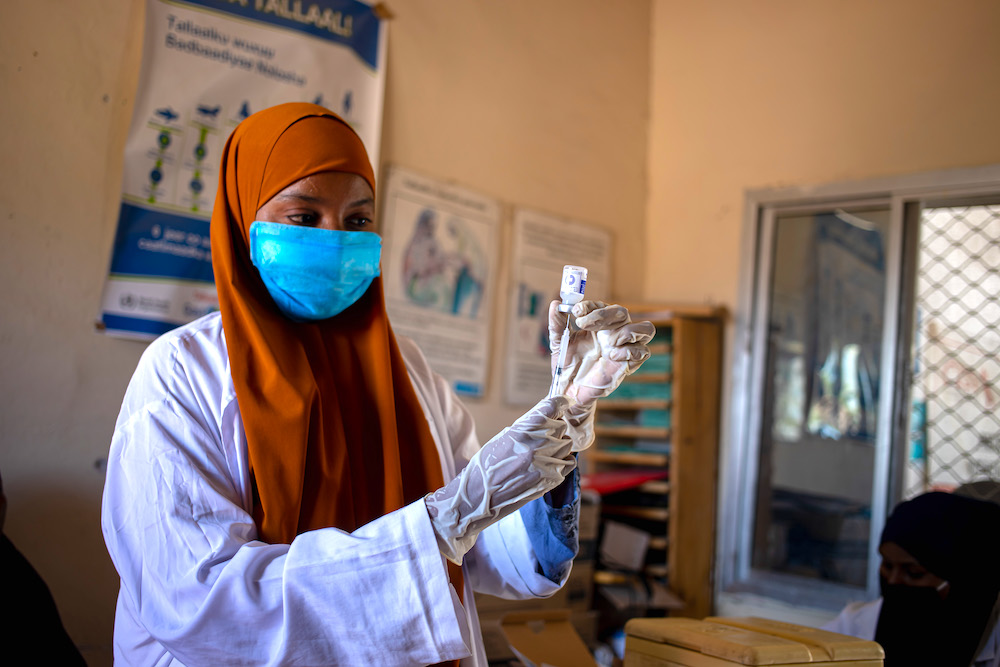
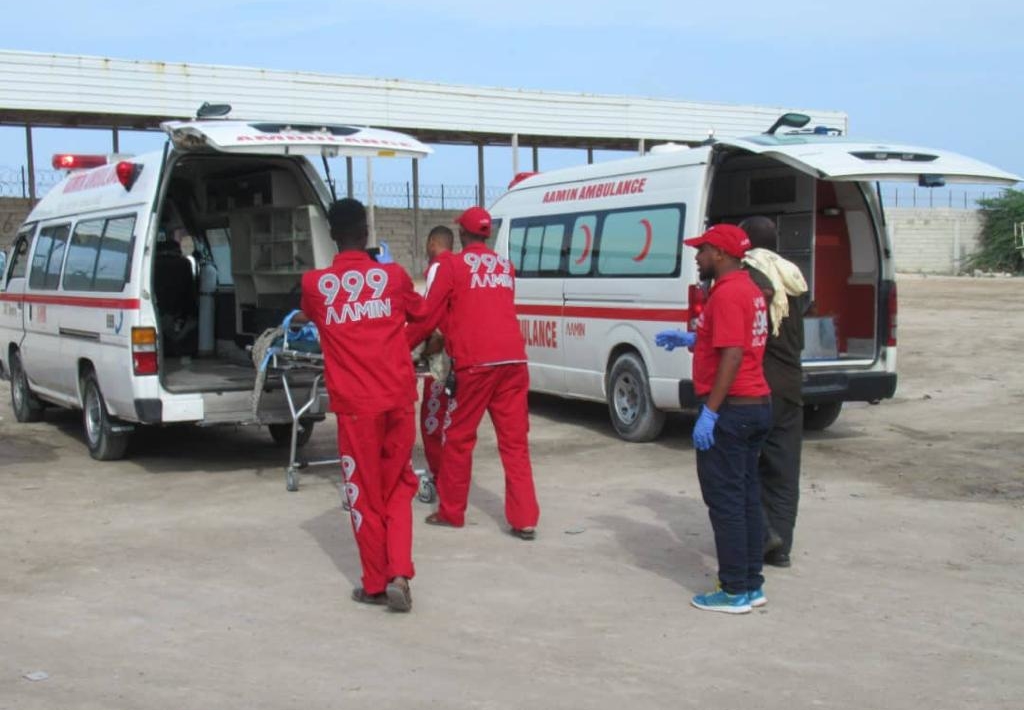
Health
Poverty and poor health are deeply interconnected, with impoverished communities suffering from higher rates of illness and lower life expectancy. AAP is committed to addressing the health needs of vulnerable populations as part of its broader poverty eradication mission. The organization works to improve access to affordable health care, enhance housing quality, ensure access to nutritious food, and promote better sanitation and hygiene practices. By improving public health, AAP aims to reduce the financial burdens associated with illness and disability, which can trap families in cycles of poverty. Affordable health care and improved living conditions allow individuals to work, support their families, and contribute to their communities, creating a healthier, more productive society overall. In this way, better health care is not just a basic human right but a vital component of poverty reduction.
